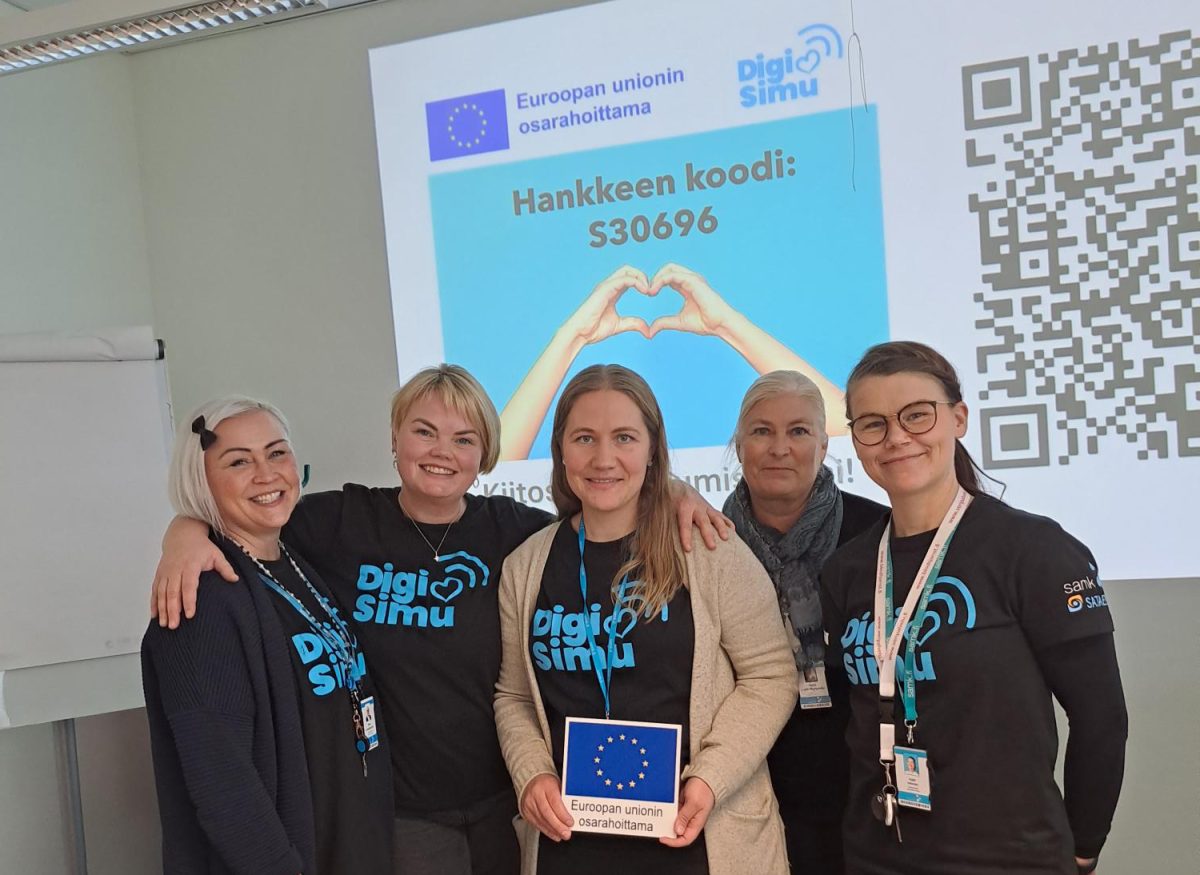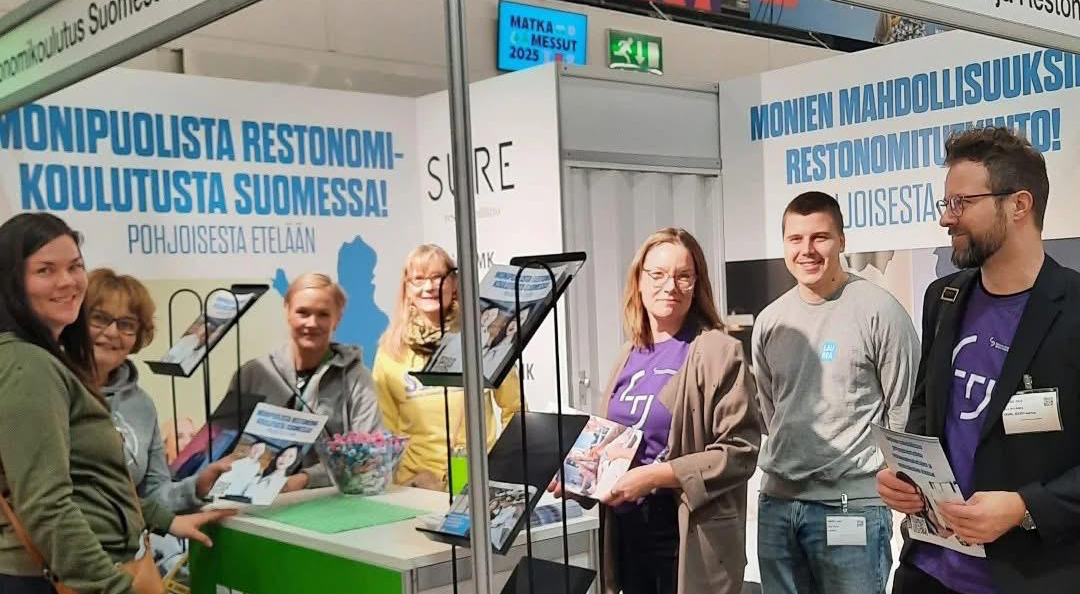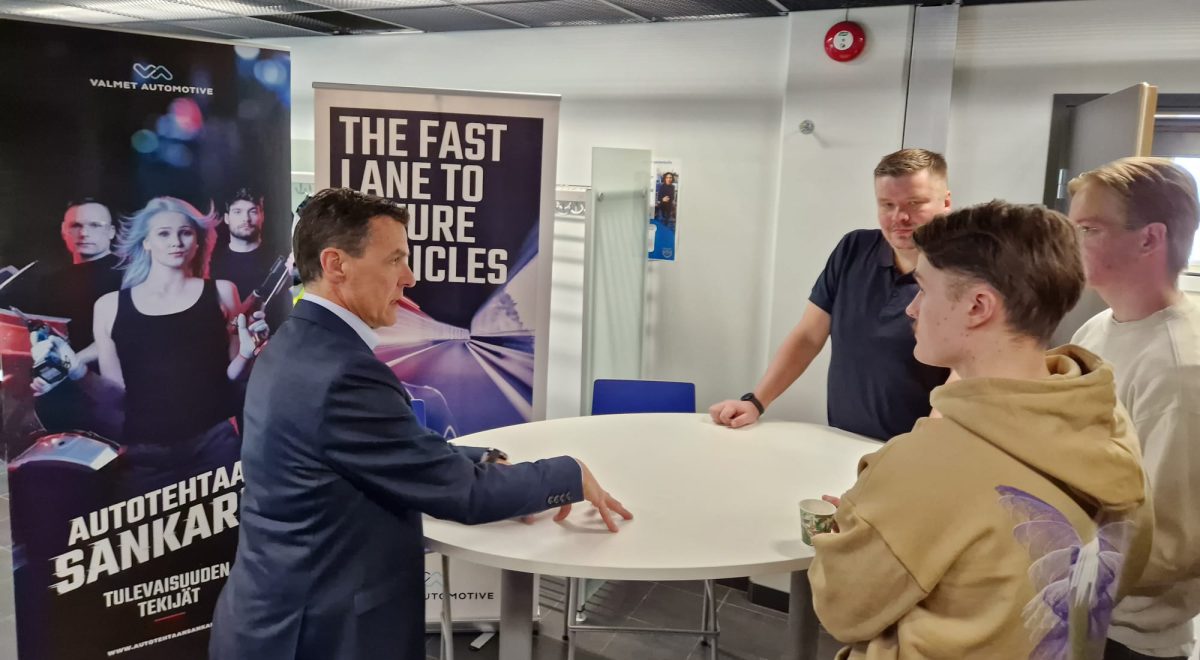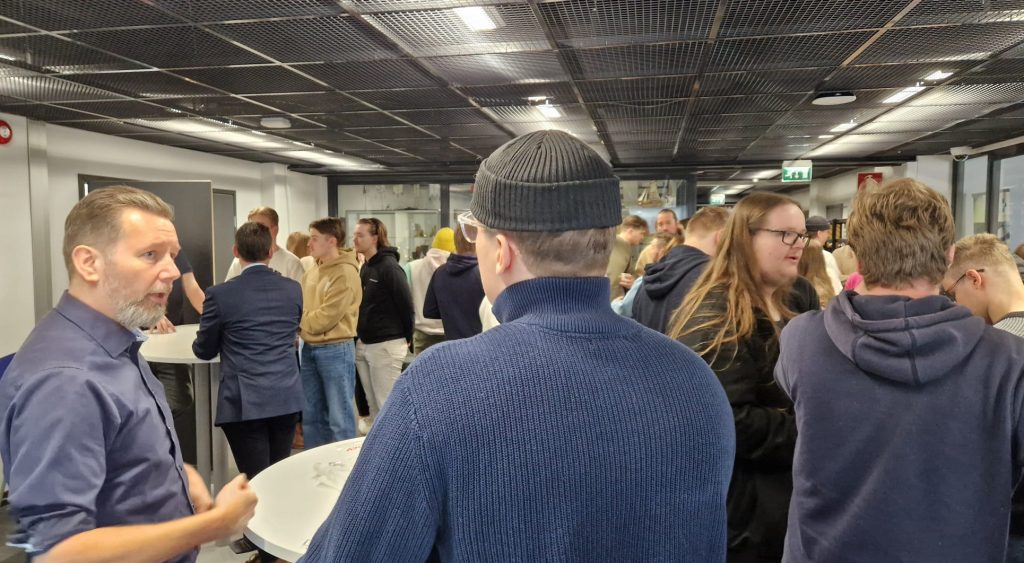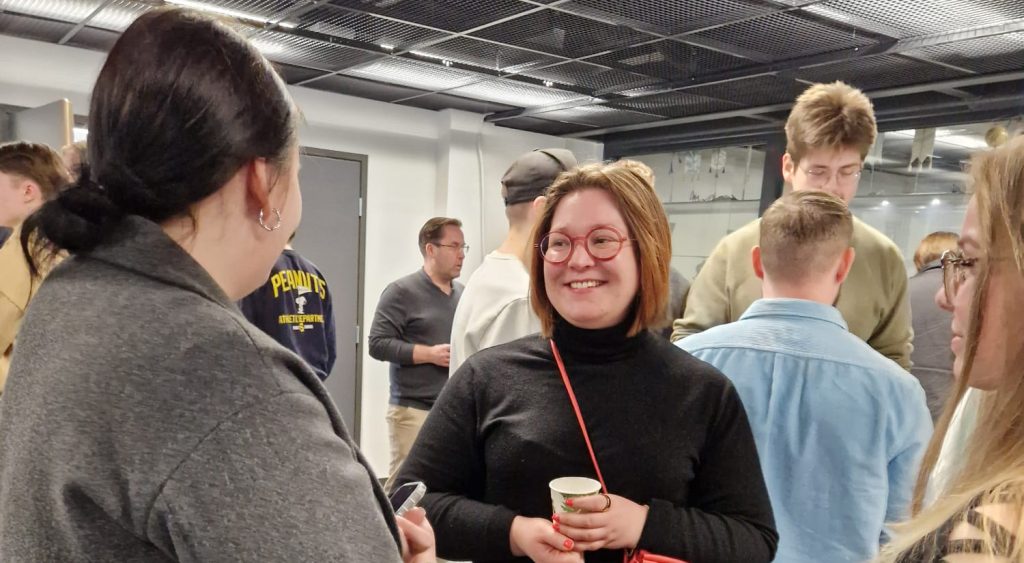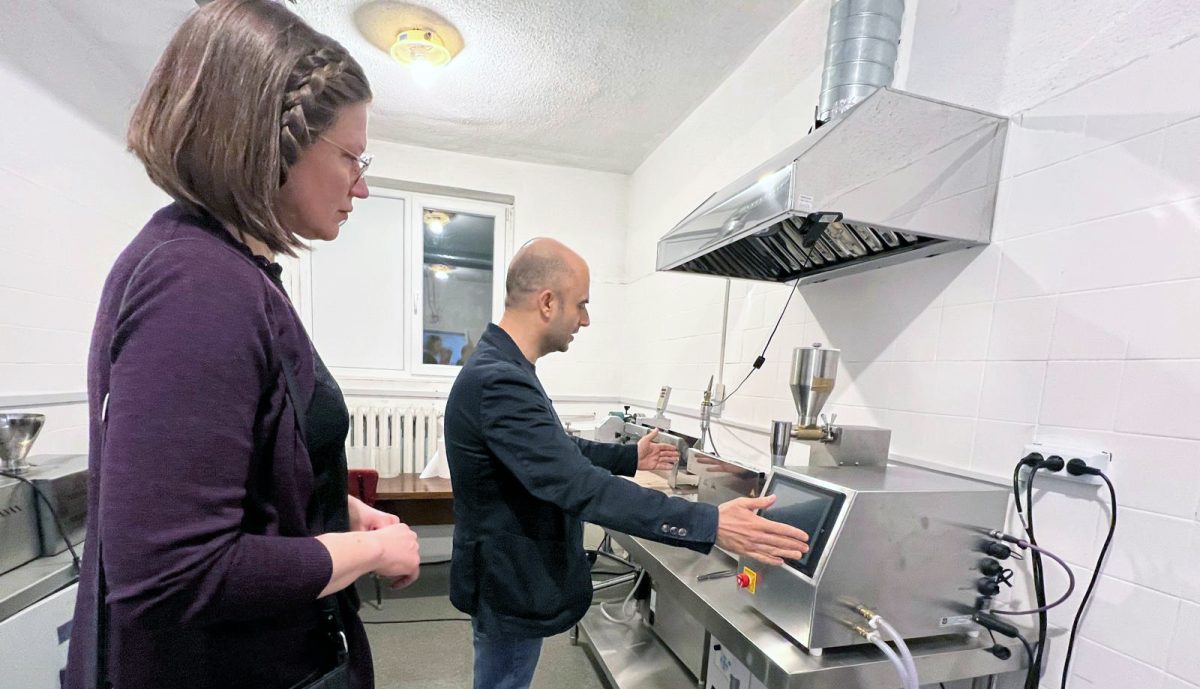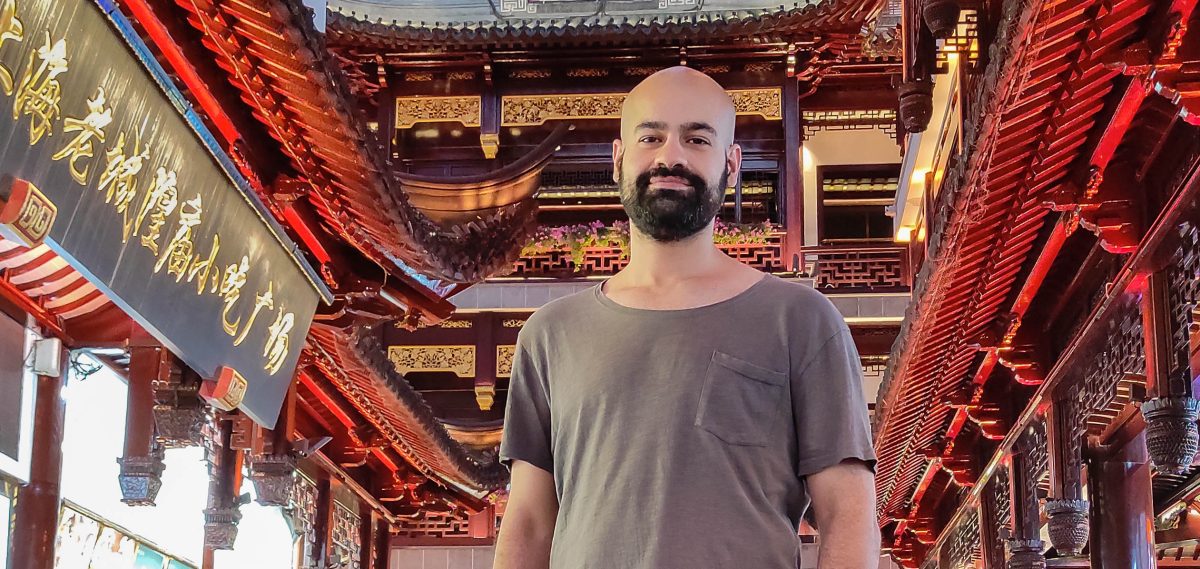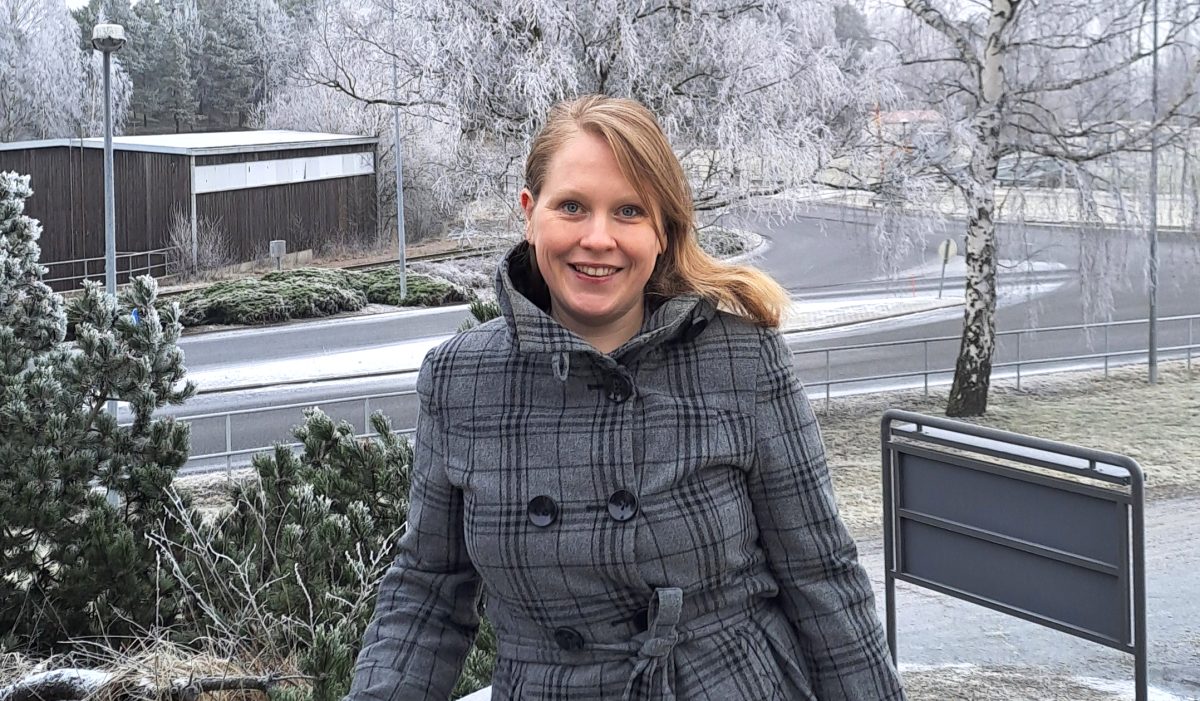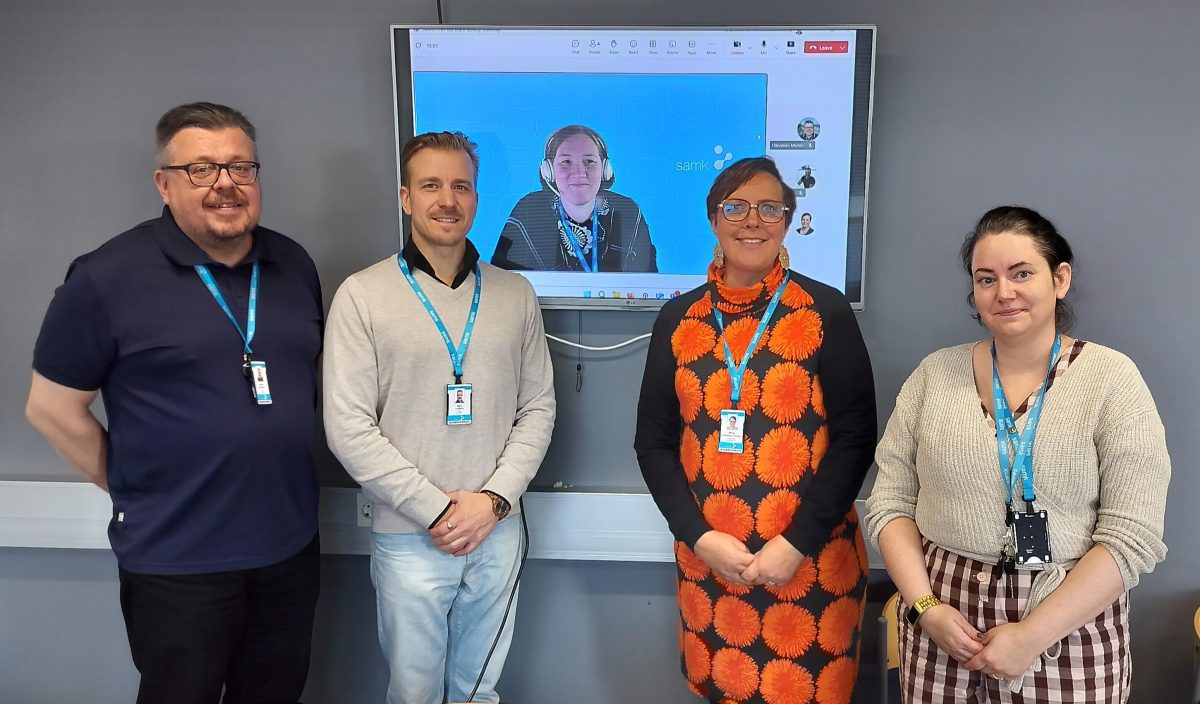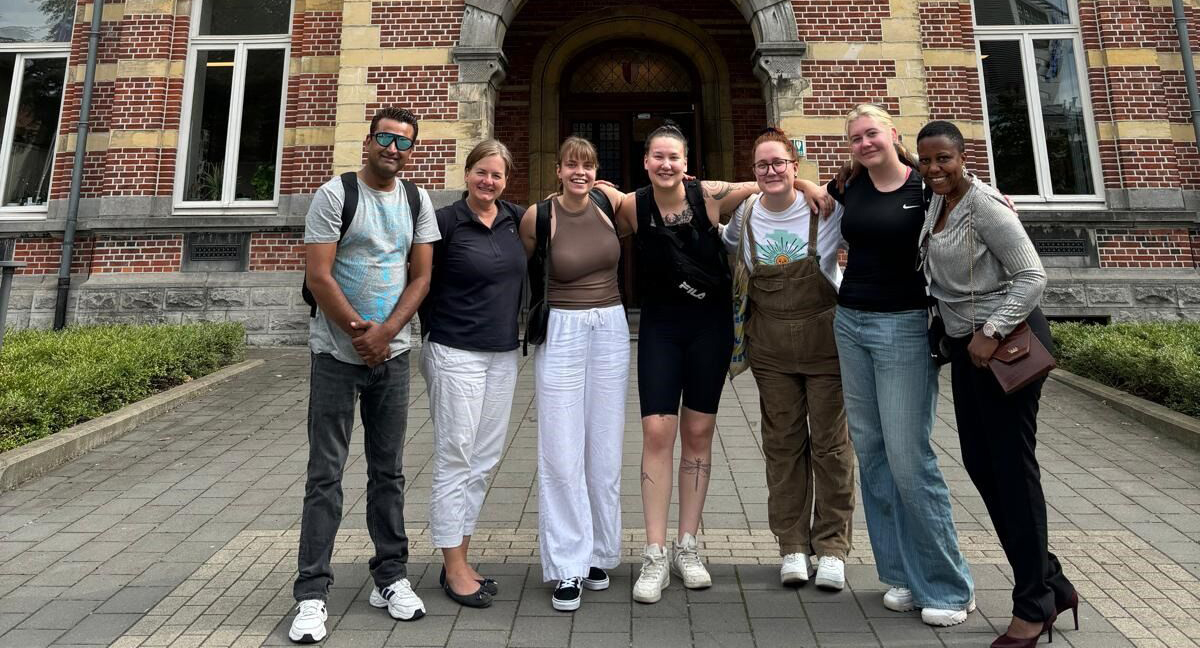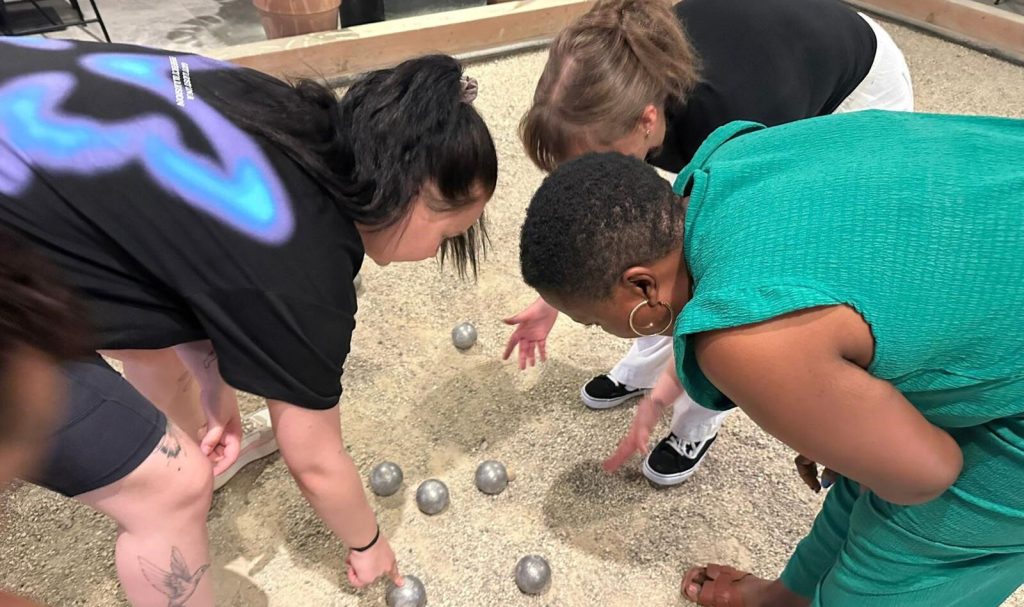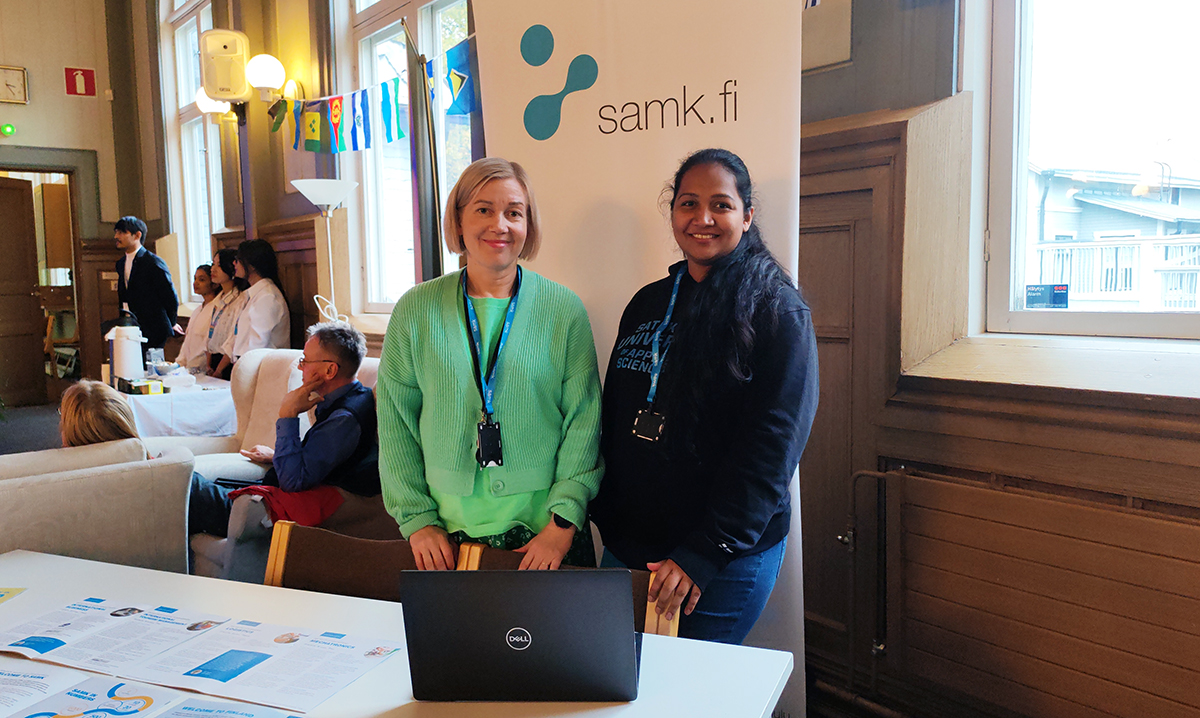Simulaatiopedagogiikka on noussut merkittävään rooliin opetustilanteissa monilla eri aloilla sen merkityksen kasvaessa oppimisen mahdollistajana. Simulaatiot tarjoavat ainutlaatuisia mahdollisuuksia oppimiseen, harjoitteluun ja innovointiin muuttaen sekä syventäen koulutuksen pedagogisia työmenetelmiä. Virtuaalitodellisuuden ja lisätyn todellisuuden avulla opiskelijat voivat kokea realistisia oppimistilanteita turvallisessa ympäristössä. Esimerkiksi hoitotyön opiskelijat voivat harjoitella lääkkeenjakoa pelillisessä virtuaalisessa lääkehuoneessa, mikä kehittää heidän taitojaan ja valmiuksiaan ennen todellisiin asiakas- ja potilaskohtaamisiin siirtymistä.
Sosiaali- ja terveydenhuollon opetuksen uudet mahdollisuudet
Sosiaali- ja terveydenhuollon (sote) simulaatiot tarjoavat mahdollisuuden harjoitella erilaisia toimenpiteitä ja hoidollista päätöksentekoa aiheuttamatta riskiä. Tämä parantaa hoidon laatua sekä potilas- ja asiakasturvallisuutta. Lisäksi simulaatiot auttavat sotealan ammattilaisia pysymään ajan tasalla uusimmista näyttöön perustuvista menetelmistä ja teknologioista. Simulaatiot mahdollistavat myös uusien tuotteiden ja rakenteiden testaamisen sekä pilotoimisen. Mahdollisesti voidaan vähentää kustannuksia ja riskejä sekä nopeuttaa innovaatioiden käyttöönottoa. Simulaatiot ovat olennainen osa uusien hoitotyöntutkimussäätiön (Hotus) näyttövinkkien testausta.
Moniammatillisuus tarjoaa näköalapaikan
Simulaatio-oppimista on mahdollista syventää moniammatillisen yhteisopettajuuden keinoin. Näin kyetään tarjoamaan opiskelijoille jo opintojen aikana laajempia näkökulmia sotealan työpaikoille ja työtehtäviin. Yhteisopettajuuden kautta moniammatillisuus jalkautuu oppijoiden saavutettavaksi. Sosiaali- ja terveydenhuollon opettajat ovat pohjakoulutukseltaan muun muassa sairaanhoitajia, fysioterapeutteja, kuntoutuksen ohjaajia, sosionomeja sekä geronomeja. Heidän ammattitaitonsa korostuvat opettajayhteistyössä oppijoiden eduksi. Lisäksi opettajien on mahdollista oppia toisiltaan ja kehittyä ammatissaan. Yhteisopettajuudessa korostuukin jatkuvanoppimisen käsite sekä vahva kollegiaalisuus.
Viihteellisyys oppimisen tukena
On todettu simulaatioiden tarjoavan uusia ja jännittäviä kokemuksia, joihin tämän päivän nuoret opiskelijat eli diginatiivit ovat tottuneet. Diginatiiveista on puhuttu jo yli vuosikymmenen ajan, he sellaisia nuoria kenelle digitaalisuuden maailma on hyvin tuttu jo arkipäivän toiminnoista. Suurin osa nuorista opiskelijoista on juuri diginatiiveja, joille digitaalisuus on täysin normaalia, ei olleenkaan offensiivista, kuten se saattaa olla vanhemmille opiskelijoille esimerkiksi uudelleen kouluttautujille. Diginatiivit saattavat viettää päivässä useita tunteja digitaalisissa ympäristöissä. Välillä hoitaen sosiaalisia suhteita ja välillä pelaten erilaisia pelejä. Pelit koetaan viihteenä ja tästä näkökulmasta tarkasteltuna kiinnostus pelejä kohtaan kasvaa tarjoten pelaajalle haasteita, onnistumisen kokemuksia sekä aktivoivaa osallistumista pelissä tapahtuvaan päätöksentekoon. Pelit tarjoavat vaihtelua arkiseen oppimiseen, minkä vuoksi pelien avulla pystytään motivoimaan ja innostamaan opiskelijoita oppimaan hyödyntäen koulutuksessa menetelmää, mikä on perinteisemmin liitetty vain huviin ja viihteeseen. Pelit kokoavat myös ryhmiä pelaamaan eli tähän linkittyy lisäksi sosiaalinen näkökulma. Vertaisoppijoiden kautta saattaa tulla myös kilpailua pelin tuloksista, mikä motivoi opiskelijoita korkeampiin pistetuloksiin ja tässä yhteydessä myös oppimistuloksiin. Esimerkiksi VR-pelit vievät opiskelijat realistisiin sosiaali- ja terveysalan ympäristöihin, joissa he voivat oppia tarinoiden keinoin ennennäkemättömällä tavalla. Tämä avaa uusia mahdollisuuksia ajasta ja paikasta riippumattomalle oppimiselle.
Tulevaisuudennäkymät
Simulaatiopedagogiikan kehitys jatkuu vauhdilla, ja sen sovellukset laajenevat jatkuvasti. Tulevaisuudessa voimme odottaa entistä realistisempia ja immersiivisempiä simulaatioita, jotka muuttavat tapaamme oppia, työskennellä ja kehittää itseämme. Simulaatiot ovat vahvasti tulevaisuuden innovaatioiden ytimessä.
Merkittävä kysymys nyt ja tulevaisuudessa on se, miten vakuutetaan kansallisella tasolla päättäjät siitä, että pedagoginen tulevaisuusinvestointi on kannattavaa yhteiskunnallisesti tarkasteltuna. Terveysteknologisia ja digitaalisia opetusratkaisuja voidaan edelleen kehittää uusimpien suuntaviivojen valossa ja sitä kautta lievittää käytännön hoitotyön kuormittavuutta. Tutkimusten ja hankkeiden kautta tehdään näkyväksi uudet innovaatiot ja näin kyetään levittämään hyviä käytäntöjä sekä tietoa.
Artikkelikuvassa vasemmalla blogitekstin kirjoittajat opetuspäällikkö Nina Leppälammi (SAMK) ja hoitotyön lehtori Sini-Charlotta Kamberg (Sataedu). Lisäksi kuvassa muita samkilaisia Digisimu-hankkeen toimijoita Anni Riikonen, Terhi Lahti-Myllymäki ja Katri Inkinen.

